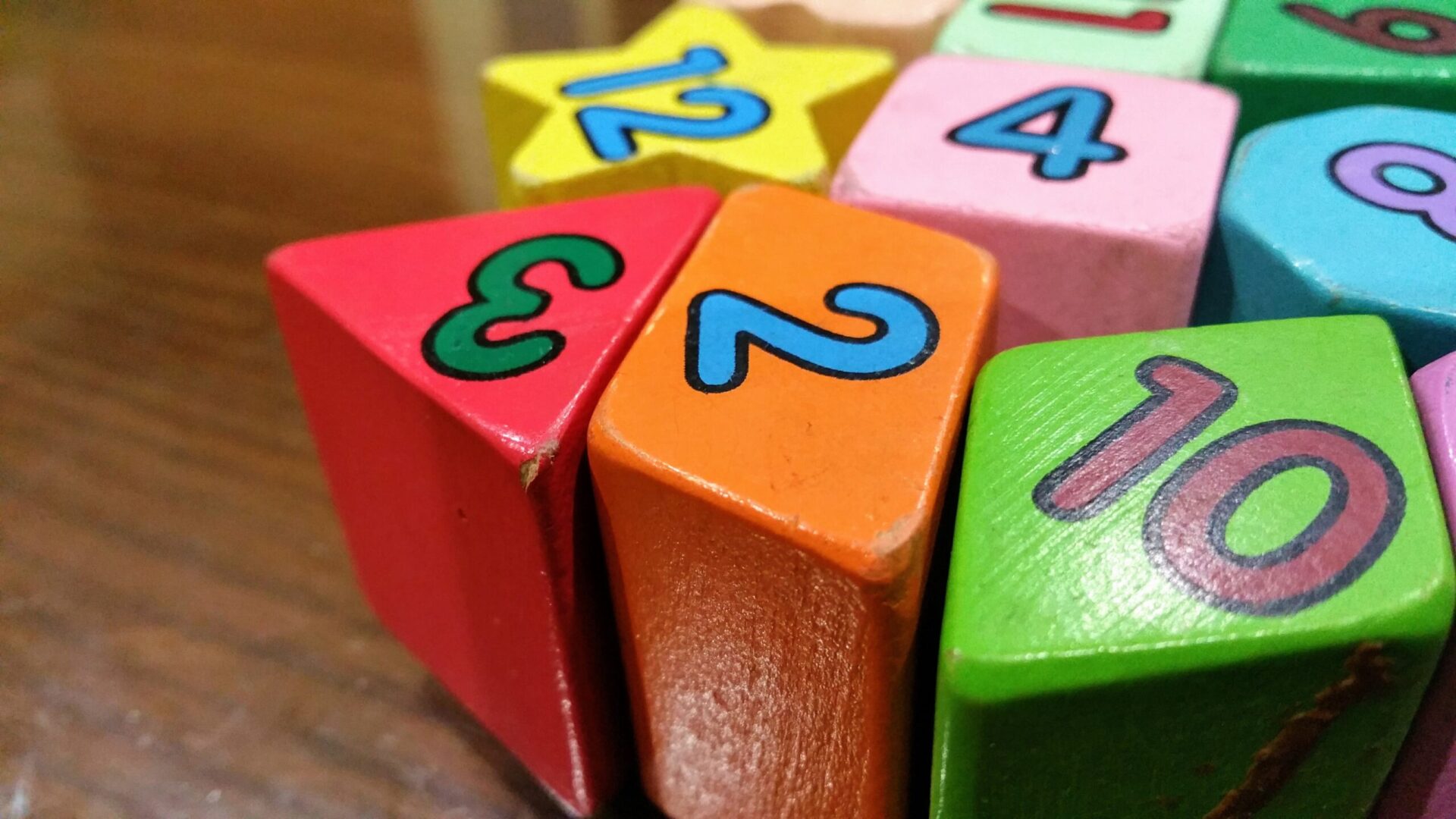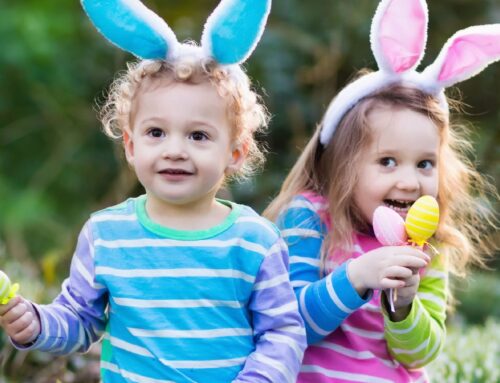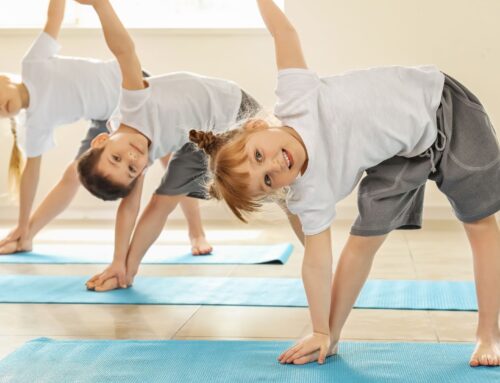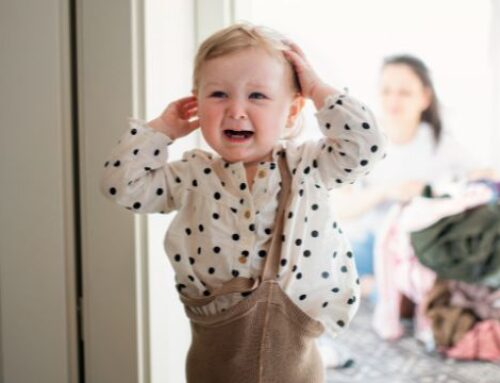By Emma Thomas Full-time mum, part-time blogger, with a background as a Kindy Teacher/Director

(https://gowns.tumblr.com/post/163767278278/man-the-crazy-thing-about-babies-is-that-like)
I saw this quote pop up recently on social media and I love it! While it starts off talking about reading with babies and the benefits of this, what it is really talking about is how babies and young children learn! Our precious babies, toddlers and kindy children are learning all day, every day, when we know it and when we don’t!
“I hate maths” is a sentiment that you hear from many teenagers and grownups. However, I’ve never met a child who hates maths. Who could hate puzzles, blocks, counting songs or cooking together?
During the early years we have a great opportunity to set our children on the path to understanding and loving maths. Thankfully we don’t have to teach 2-year-olds algebra – early mathematical concepts are best experienced through play and everyday experiences. In the early years we want children to understand that maths has a purpose (I can count how many people at dinner so I know how many plates to put out; I can find the correct shape of block that I want for building) and to develop a strong foundation of mathematical language and concepts (counting, number recognition, adding and subtracting, shape and colour, patterning, volume, measuring etc.).
Here are a few of my favourite toys and experiences that can help our young children to develop a lifelong love of learning. While children will be learning across all areas, I am going to draw out the specific mathematical development which is occurring.
Toys – Our children learn best through play! Provide a mix of structured toys (like puzzles and games) and open-ended toys (like blocks) to extend their learning.

- Puzzles help to develop:
- visual spatial skills
- colour and shape recognition
- sorting (edge pieces and middle pieces)
- Playing board games or brain games will help children develop:
- counting
- colour recognition
- dice use
- problem solving
- Building with toys such as blocks, Duplo, Lego or magnetic tiles teaches:
- visual/spatial skills
- problem solving
- patterning
- symmetry
- tessellation
- Playing with stacking or nesting toys helps children develop their understanding of:
- how objects fit together
- volume
- measurement
Experiences – Children learn best when they see the value in what they are learning. There are so many activities in our daily lives which allow children the opportunities to further their mathematical understanding.

- Cooking develops an understanding of:
- following steps
- volume and measurement
- reading numbers
- time
- When you are out shopping children can help with:
- counting out apples
- choosing the small milk or the large
- looking at the aisle numbers
- paying at the checkout
- While walking up and down stairs you can:
- practise counting
- talk about position and direction. I say ‘up, up, up’ (starting with a low voice and going up) or ‘down, down, down’ (starting with a high voice and going down)
- When driving you can encourage mathematical development by:
- spotting speed signs
- looking at petrol prices
- talking about fast and slow: “We are going quickly in our car, the people walking are slowly”
- talking about directions
- asking your child to help you look for house numbers
- Bath time is fun and involves lots of maths! Children can experiment with:
- volume and measurement by tipping water between cups, bottles and containers
- counting the bath toys
- as a special treat you could give your children your measuring cups, spoons and jugs from the kitchen to play with!
- Counting songs, rhymes and books introduce children to a variety of mathematical concepts including: number names, number order, counting, addition and subtraction, days of the week and many more.
- My favourite maths songs and rhymes are:
- 5 Little Ducks
- 1, 2, 3, 4, 5, Once I Caught a Fish Alive
- Way Up High in the Apple Tree
- 5 Fat Sausages Sizzling in a Pan
- Books
- Ducks Away by Mem Fox
- One Wooly Wombat by Kerry Argent
- The Very Hungry Caterpillar by Eric Carle
- The Shopping Basket by John Burmingham
- My favourite maths songs and rhymes are:
I hope that these ideas help you to incorporate more maths into your children’s lives in ways which are engaging and meaningful!









